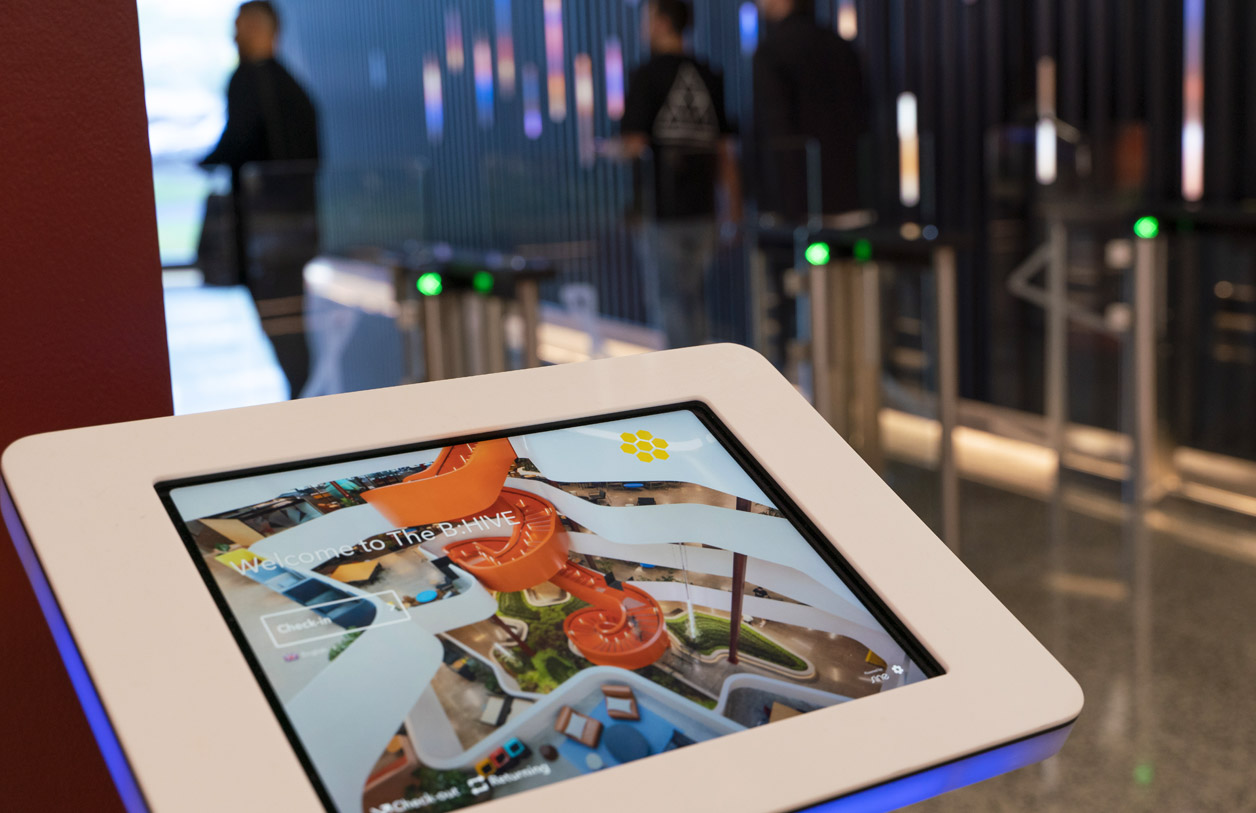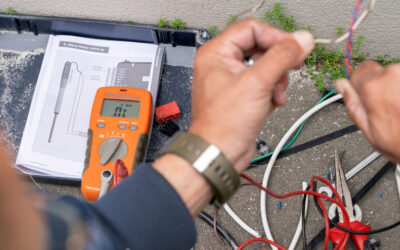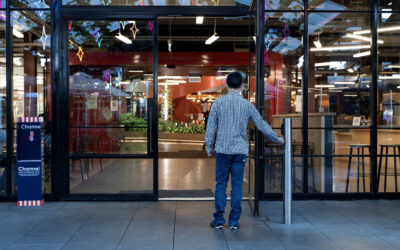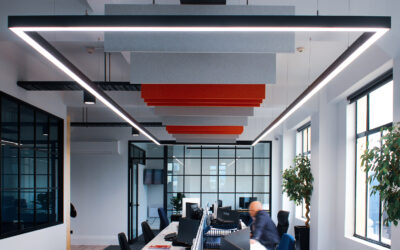By Tristan Bailey
Some might say there has never been a more exciting time to be part of the construction industry. With innovation on the rise and technology making advances everyday, the industry has transformed rapidly in the past 20 years.
As the industry and technology continues to accelerate, it’s crucial that firms understand what innovation means for their field of expertise and why education and agility play a key role in setting up camp for the future.
What does the future hold for you and how do you bring your team on the journey?
Looking back as a means to look forward
Where once paper and pencil replaced slate and chalk, mobile devices have replaced fax machines and whiteboards; everything we need for a job lives in our pockets. Technology has been a gamechanger for this industry and has shaved valuable time from mundane tasks and upped the game on compliance and safety.
Accessing plans, communications, site information and other projects while on the move has enabled people in the industry to operate at a higher level, and provide real-time information to teams and clients; but 24/7 connectivity does have its downsides.
Modern smartphones provide everything you need to get the job done, but it can be hard to switch off, especially if you’ve been on site all day. It’s easy to simply send a couple of emails, update some jobs in the software tool you use and pay a couple of invoices – but before you know it you’re working 16 hours days.
As technology continues to advance, a priority must be made for shutting up shop and enabling teams to switch off; not only is it beneficial for productivity and morale, but it’s crucial for the health and safety of people on the job.
Innovation doesn’t mean taking shortcuts
These days you can’t go too far without reading a story about the volume of time spent looking at screens, the use of devices limiting our ability to concentrate, and important social and practical skills being lost to social media or streaming.
Does this mean we’re losing the ability to solve problems and think critically? Not exactly, but the reliance on technology in construction could be impacting the more practical skills learned when doing things that challenge and confront us.
Thinking on your feet, solving a problem, patience and conflict management come from failing fast, developing relationships with your peers and applying common sense to situations that may arise on a job – not everything can be solved by a drill or a smartphone.
We’ve become familiar with the instant gratification our devices offer – we can approve jobs, sign documents and file reports with the click of a few buttons, however some might argue, we’re at the point where innovation can make us complacent of the skills that bring a team together and achieve great results.
The right attitude goes a long way and tackling a problem with your head and your hands is rewarding and fulfilling – it’s served us for hundreds of years and should be used in harmony with the innovation and progress technology brings.
Invest in education
We have a talent shortage in New Zealand and it has been compounded by the pandemic and closure of our borders. We’re not producing enough home grown talent to build the houses we desperately need and maintain the ones we have, design future cities, create new roads and bring our infrastructure into the 21st century.
There is a growing sense of concern in the industry that some of the skills and expertise passed down through generations is being lost and within the next few years we could have a significant skills shortage in certain parts of the construction industry.
A screwdriver in one hand and a phone in the other does not a builder make. We need to share the hands-on knowledge that comes from years of experience with the next generation of talent and take advantage of some of the habits and patterns that have started to form from being raised in a digitally connected world.
Health and Safety is hugely important in the construction industry and there are ways we can use innovation to teach, and provide immersive training that harnesses technology as a brilliant tool to educate.
By utilising the expectation that digital education is embedded (and expected) and fuelling that with the knowledge of skilled craftspeople and technicians, the industry will gain a significant uplift in engagement and potentially more bums on seats.
Eight hours spent staring at a TV screen while filling in worksheets around a table might be cost-effective, but it’s old-fashioned and lacking in the hands-on training people need.
At Vision Systems, we invest heavily in training because we believe power is knowledge.
Design for the future
New Zealand has innovation in its DNA. The Kiwi Number 8 Wire mentality has provided the country with a solution-driven mentality that has birthed some of technology’s greatest companies. It has also helped us source what we can when we can, making us extremely resourceful and resilient.
It’s this thinking and approach to finding solutions that we need to embrace for the future – our innovative DNA merged with innovative technologies that serve a purpose.
Students should have access to learning universal skills that can equip them with the know-how to solve an issue or find a solution to a complex issue; given that we know certain skills are in shortage and dying-out, we need to prioritise the problems that need fixing now.
By thinking about the digitally savvy world the next generation is growing up in, we can merge their digital skills with the expertise, experience and sage knowledge of seasoned construction pros – upskilling both parties at the same time.
What’s exciting about the future of this industry is the possibilities for the regions and how we bolster the economies of towns that once relied on skilled tradespeople in their communities.
Technology enables people to do the job anywhere and expansion could be made possible via support from the government and industry bodies. By getting people out of our biggest cities, construction could breathe life into towns that need it and provide education opportunities for young people in the area.
New Zealand surpassed 5 million people way ahead of schedule and it will continue to grow – let’s think innovatively about how we build the future.
Need someone to help with your innovative electrical and security projects? Check out our latest case studies here or contact us now.





